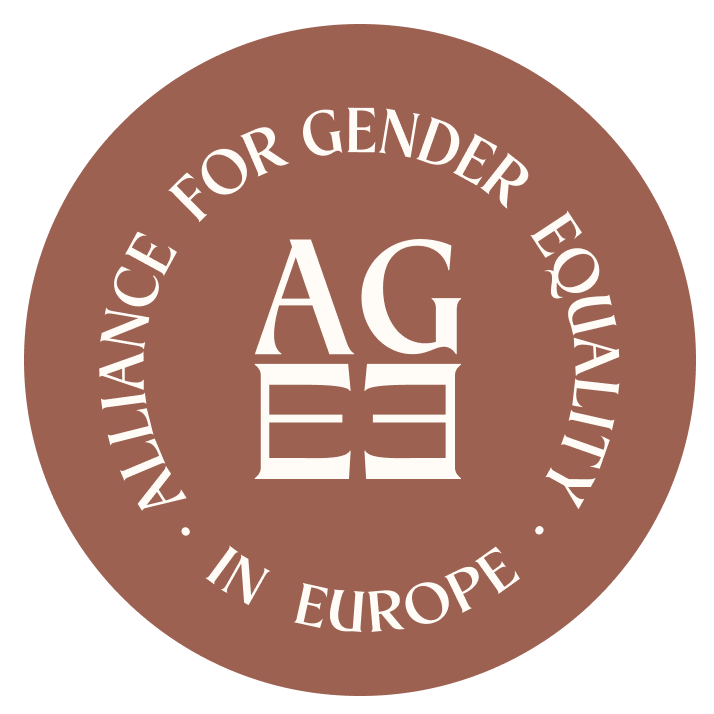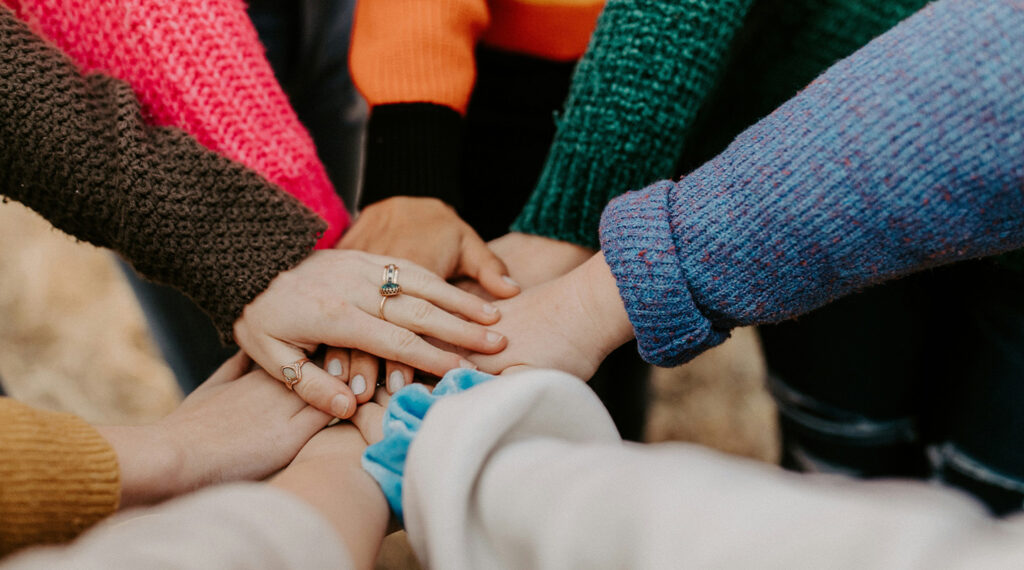As we mark International Women’s Day on 8 March, it’s important to acknowledge that while Europe has made progress toward gender equality in recent decades, women’s rights are being eroded. This is where philanthropy can rise to the challenge. This op-ed by Nadège Lharaig, Senior Program Manager at the Alliance, was published by Philea.
Time and again, women have mobilised to defend democratic values and fundamental rights. It’s clear why: when women do well, countries have stronger democracies with fairer elections, accountable institutions, and active civil society.
A powerful example comes from Poland. In 2020, a ruling by its reformed constitutional court led to a near-total abortion ban, putting women’s health and lives at risk. In response, over 400,000 women and allies across 400 cities took to the streets to defend the human right to decide about one’s own body and future and to call for greater judicial independence and the rule of law. It was the largest wave of pro-democracy demonstrations in the country since 1989.
The positive ripple effects were undeniable. Not only did women’s rights become a key issue in the country, the mobilisation also led to a 12% increase in voter turnout, more women elected to parliament and a new government committed to overturning the ban. It’s clear that when women come together, extraordinary things can happen.
As we mark International Women’s Day on 8 March, it’s important to acknowledge that while Europe has made progress toward gender equality in recent decades, women’s rights are being eroded. The landscape has changed, with well-funded opposition groups working to roll back rights. Between 2009 and 2018, anti-gender groups in Europe spent an estimated $707.2 million to restrict access to contraception, IVF, abortion and marriage equality, as well as to undermine efforts to combat gender-based violence.
Women and marginalised communities will turn this tide, but they cannot do it alone while in ‘survival mode’. As funding cuts, freezes and restrictions mount, many grassroots gender equality organisations are hanging on by a thin thread.
This is where philanthropy can rise to the challenge. At the Alliance for Gender Equality in Europe (the Alliance) – the first pooled fund to support gender equality and women’s rights in Europe – we aim to meet the urgency of the moment with new approaches to advance equality and revitalise democracy.


